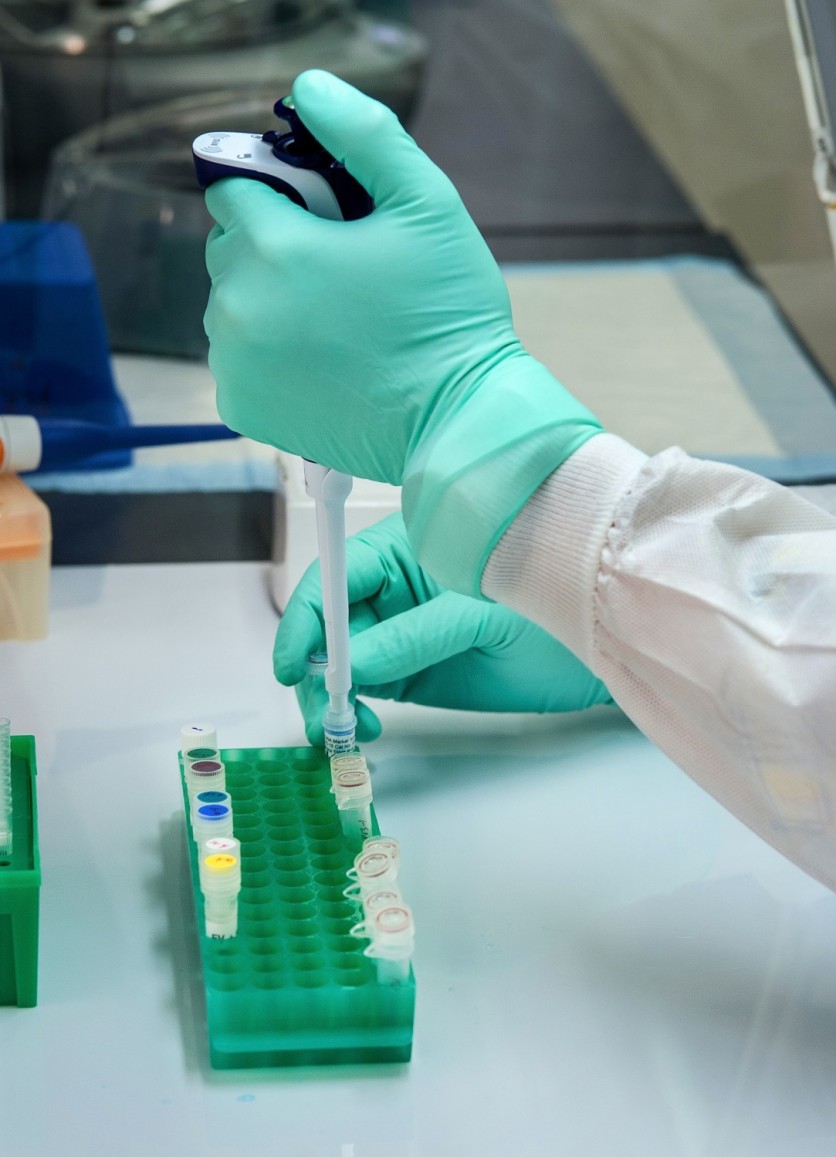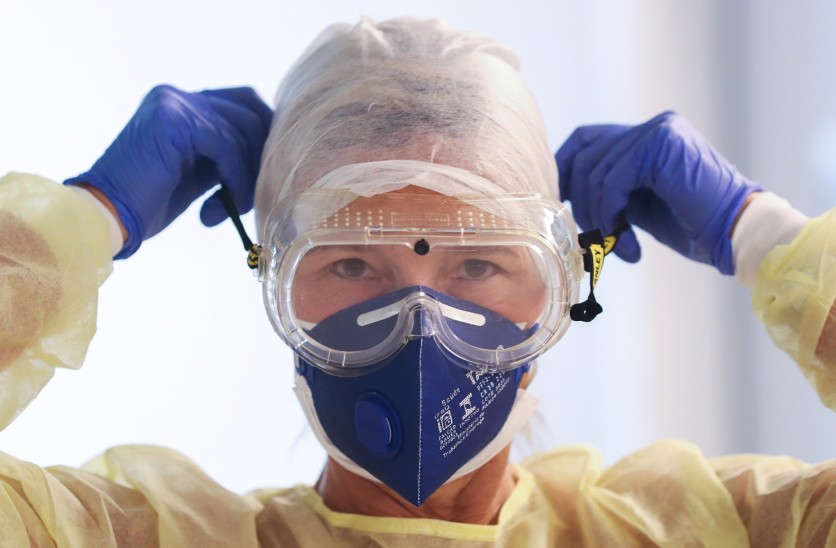
Some governments around the world are rushing to conduct serology tests to people who contracted coronavirus, aiming to determine what kind of immune response was generated by the body against the virus.
However, the World Health Organization (WHO) issued a precautionary warning on Friday that at present, no evidence proves that patients who previously acquired coronavirus and have recovered from it have developed any form of immunity against the pandemic virus.
"Right now, we have no evidence that the use of serological tests can show that an individual has immunity or is protected from reinfection," said Dr. Maria Van Kerkhove in a press conference held in WHO headquarters in Geneva.
Dr. Van Kerkhove, who is the head of WHO's Emerging Diseases and Zoonosis Unit, noted that many countries are recommending the of using rapid diagnostic serological tests. They suggest that it will capture what they think will be a measure of immunity against coronavirus. "These antibody tests will be able to measure that level of seroprevalence - that level of antibodies, but that does not mean that somebody with antibodies means that they are immune," she added.
Serological or antibody tests are done to show who has been infected and recovered, and if their body has created antibodies in response to the coronavirus. In theory, an individual who recovered from the illness would be immune to the virus.
Some Countries To Roll Out The Test
In the United Kingdom, the British government purchased 3.5 million antibody test kits as they prepared to roll out mass testing. Meanwhile, the U.S. government recommended states to conduct antibody tests as they begin relaxing some of the stringent social distancing measures currently imposed in the country.
Dr. Van Kerkhove remarked that it is "a good thing" that so many serological tests are under development. Although she warned, "we need to ensure that they are validated so that we know what they say they attempt to measure they are actually measuring."

Ethical Issues Concerning Antibody Tests
On the other hand, Dr. Mike Ryan, executive director of WHO's Health Emergencies Programme, said that several significant ethical issues around the use of serological tests that need to be resolved carefully. Dr. Ryan added that such an approach also needs to determine the length of protection that antibodies might give to a person.
Dr. Ryan explained that there might be someone who believes they are seropositive or have been infected and protected in a situation where he may be exposed, and in fact, he is susceptible to the disease. He suggested that the tests should be part of a coherent public health policy.
Cases of Reinfection In South Korea
In South Korea, the country's health agency is worried about the increasing number of recovered patients who are getting infected the second time around. The Korea Centers for Disease Control and Prevention disclosed that 163 patients tested positive again after a full recovery from the virus.
Korean health authorities are currently conducting a range of tests and considering various scenarios to address this problem. Also, the WHO said that it would investigate the cases of reinfection in South Korea.
According to the data from Johns Hopkins University, over 560,000 of the 2.1 million people who got infected by the coronavirus worldwide have recovered.
Also Read: FDA Approves 2 New Coronavirus Antibody Tests: Could These Be The Answer?




